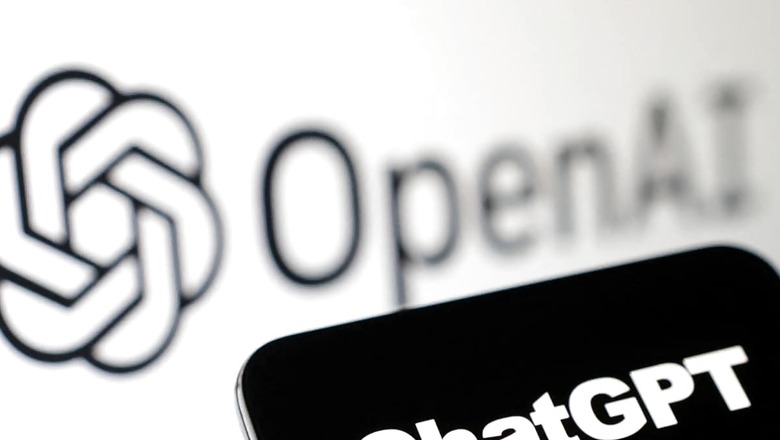
views
The European Parliament gave final approval on Wednesday to extensive regulations governing artificial intelligence, including powerful systems like OpenAI’s ChatGPT. The text passed with support from 523 EU lawmakers, with 46 voting against.
The EU’s 27 states are expected to endorse the law in April before publication in the bloc’s Official Journal in May or June, according to the EU Parliament. The AI Act focuses on higher-risk uses of the technology by the private and public sector, with tougher obligations for providers, stricter transparency rules for the most powerful models like ChatGPT, and outright ban on tools considered too dangerous.
Senior European Union officials say the rules, first proposed in 2021, will protect citizens from the risks of a technology developing at breakneck speed, while also fostering innovation on the continent. EU chief Ursula von der Leyen hailed the vote ushering in a “pioneering framework for innovative AI, with clear guardrails.” “This will benefit Europe’s fantastic pool of talents. And set a blueprint for trustworthy AI throughout the world,” she said on X.
I welcome the @Europarl_EN vote on the AI Act.Europe’s pioneering framework for innovative AI, with clear guardrails.
This will benefit Europe’s fantastic pool of talents.
And set a blueprint for trustworthy AI throughout the world.
— Ursula von der Leyen (@vonderleyen) March 13, 2024
Global AI Race
Brussels has been sprinting to pass the new rules since OpenAI’s Microsoft-backed ChatGPT arrived on the scene in late 2022, unleashing a global AI race. There was a burst of excitement for generative AI as ChatGPT wowed the world with its human-like capabilities — from digesting complex text to producing poems within seconds, or passing medical exams.
Further examples include DALL-E and Midjourney, which produce images, while others create sounds based on a simple input in everyday language. But with the excitement came a swift realisation of the threats — not least that AI-generated audio and video deepfakes would turbocharge disinformation campaigns. “Today is again a historic day on our long path towards regulation of AI,” said Brando Benifei, an Italian lawmaker who pushed the text through parliament with Romanian MEP Dragos Tudorache.
“We managed to find that very delicate balance between the interest to innovate and the interest to protect,” Tudorache told journalists before the vote. Rules covering AI models like ChatGPT will enter into force 12 months after the law becomes official, while companies must comply with most other provisions in two years.
AI policing restrictions
The EU’s rules known as the “AI Act” take a risk-based approach: the riskier the system, the tougher the requirements — with outright bans on the AI tools deemed to carry the most threat. For example, high-risk AI providers must conduct risk assessments and ensure their products comply with the law before they are made available to the public.
Democracy: 1️⃣ | Lobby: 0️⃣I welcome the overwhelming support from European Parliament for our #AIAct —the world’s 1st comprehensive, binding rules for trusted AI.
Europe is NOW a global standard-setter in AI.
We are regulating as little as possible — but as much as needed! pic.twitter.com/t4ahAwkaSn
— Thierry Breton (@ThierryBreton) March 13, 2024
“We are regulating as little as possible and as much as needed, with proportionate measures for AI models,” the EU’s internal market commissioner, Thierry Breton, said. Violations can see companies hit with fines ranging from 7.5 million to 35 million euros ($8.2 million to $38.2 million), depending on the type of infringement and the firm’s size. There are strict bans on using AI for predictive policing and systems that use biometric information to infer an individual’s race, religion or sexual orientation.
The rules also ban real-time facial recognition in public spaces but with some exceptions for law enforcement, although police must seek approval from a judicial authority before any AI deployment. Lawmaker Tudorache said the law was “one of the… heaviest lobbied pieces of legislation, certainly in this mandate”, but insisted: “We resisted the pressure.” Organisations representing the European creative and cultural sectors welcomed the vote in a joint statement but urged the EU to ensure “these important rules are put into practice in a meaningful and effective way”.
(With agency inputs)



















Comments
0 comment